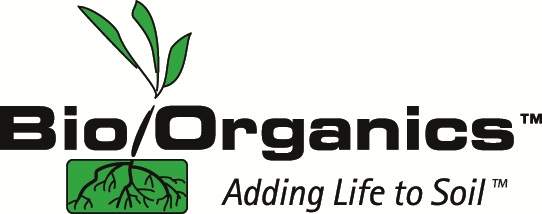I've seen articles about mycorrhizal fungi that give the impression they are sort of an "add-on" to a plant's root system - something like an alternative fertilizer - instead of accurately describing the beneficial microorganisms' powerful role in plant performance.
Just picture removing 90 percent of a plant's roots and then trying to obtain a good yield from that plant. In effect, that is what a plant without mycorrhizae on its roots is up against. Over millions of years, the plant-friendly fungi have created an underground system to deliver nutrients and moisture to their host plants. During that long process of evolution, the fungi and plants came to rely on each other. Remove the mycorrhizae and you then make the plants grower-dependent.
The relatively recent development of "conventional" agriculture, featuring frequent tillage and petro-fertilizers, has unintentionally destroyed much of the natural bio-life in soil - from earthworms down to microbial fungi and bacteria. To compensate for the loss of these living nutrient-providers, synthetic plant foods have been developed. These human-made fertilizers do work, but have some very undesirable side effects such as salt buildup, nitrate run through to drinking water supplies, phosphorus runoff into streams, less disease-resistance, and gradual depletion of organic matter in soil. Also, soil organisms normally provide an aerating effect for topsoil and compaction occurs when they are absent.
That's the overview of the problem, but I'm coming to realize that it makes more sense to applaud and encourage the farmers who are getting serious about protecting and building up their populations of soil organisms than to get preachy toward those using chemical methods.
Some of the organic techniques being increasingly used today are a welcome first step, but I think there is entirely too much emphasis put on "natural good, man-made bad" by the organic certification agencies. In my opinion, the ultimate measure and goal should be healthy sustainable soil, whether that comes from natural or man-made inputs. A very gradual-release Osmocote-type fertilizer with minors might be better for promoting happy soil organisms than strong natural additives (such as overly hot chicken manure, for example).
If a shovelful of soil has 100 or more earthworms, there's a quick and accurate indicator of soil health. If the soil organisms are thriving, then the farmer is doing things right from a sustainability perspective. To those of you who are figuring out how to create this type of long-term productive soil that will still be supporting your grandchildren, I say bravo!
We need those little soil critters.
Cheers, and good growing my friends,
Don Chapman
BioOrganics
